(Collaborative) work involves many opportunities to learn, grow and become better. Therefore, in team development and team coaching, we provide the necessary structure, space and positive framework for reflection and dialogue between team members about their values, goals and the common path to get there. Learning from and with one another develops leading to greater resilience, flexibility and maturity of the team.
Dr. Anke Martin
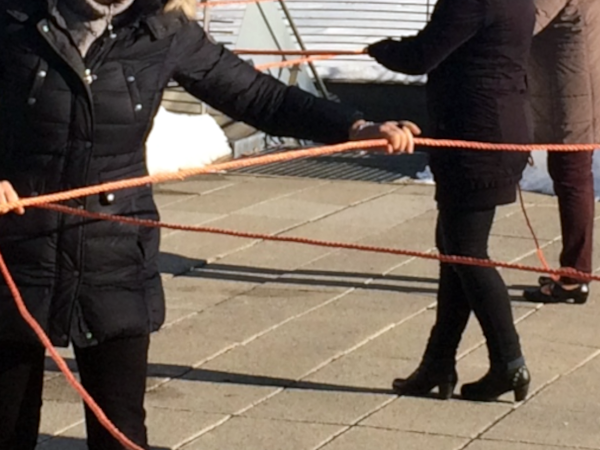
Dr. Anke Martin
Alexander Martin
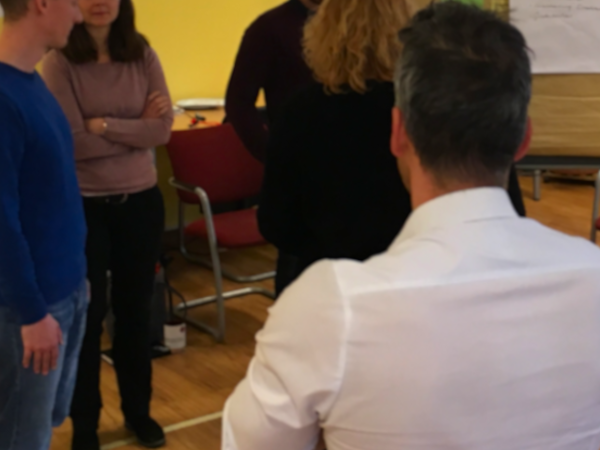
Dr. Anke Martin
Alexander Martin
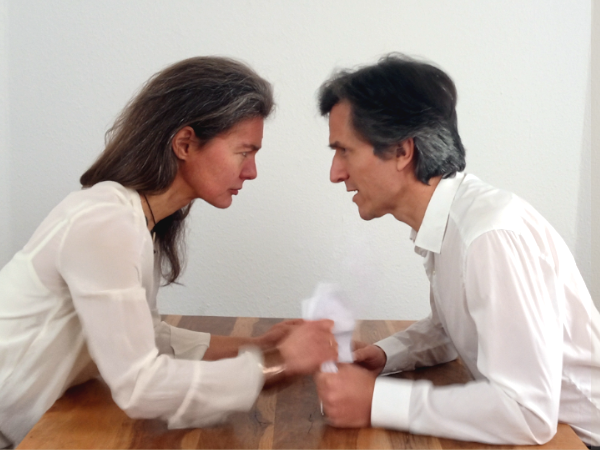
Dr. Anke Martin
Alexander Martin
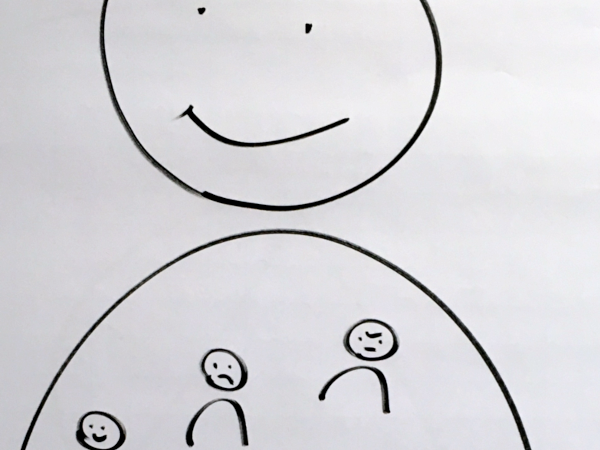
Dr. Anke Martin
Alexander Martin
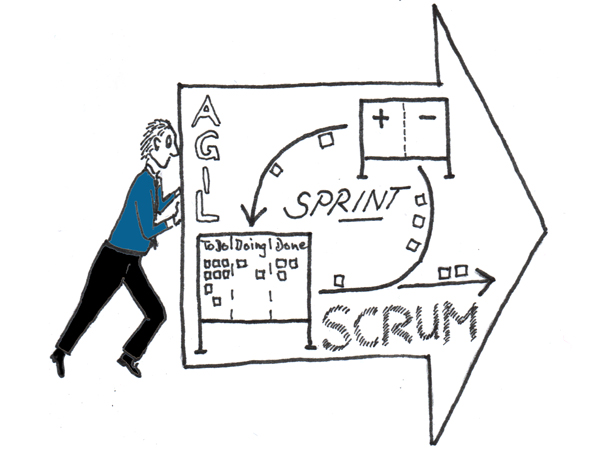
For us, team development includes accompanying teams from the formation of the team to its dissolution (cf. Tuckman, 1965).
As a method, we use team coaching in the phases of forming, storming, norming, performing and adjourning. For the storming phase, we also offer conflict moderation.
We use classic workshop formats and modern, regular online formats in the form of iterative retrospectives.
We have separate offers for agile and hybrid teams.
From our point of view, team coaching is a method within the toolbox of team development.
In systemic team coaching we use the attitudes, values and methods from systemic coaching and apply them to the individual team situation.
If necessary, we include elements of team building, collegial advice, professional inputs and more in the team coaching, but we always focus on the coaching and systemic approach.
Conflict moderation is the method of choice for us when serious discrepancies burden a team and impair its performance.
In conflict moderation, we support the people in the team as neutral companions in investigating the conflict together, uncovering its causes and finding solutions. We accompany the team on the way to overcoming the conflict and using it constructively. This also includes reviewing and improving existing structures and rules of cooperation.
On the basis of your request for quotation and, if necessary, a brief consultation about your expectations, we will prepare an offer.
We configure the team coaching to suit the team. We take into account hierarchy level, initial situation, goals and needs and coordinate closely with you.
We accompany the team individually, adapted to the agreed goal, and combine the coaching with suitable (training) inputs if necessary. An essential building block is the transfer of the learnings into everyday team life.
Together we evaluate what has been achieved and, if necessary, coordinate the next steps.
In an organization, a central team has long caused conflicts with other units because of its demanding attitude. Due to difficult market conditions, the organization expected a rethink in this team as well. It should change from claimant to internal service provider. The manager knew that her team would vigorously reject this request.
During team coaching, the team members analyzed the market situation in their organization and recognized the need for change. They then actively dealt with their values and goals, reflected on their changed (team) role in the larger picture and designed their way of tackling the change. Today they enjoy the respect of the entire organization.

A high-performing, ambitious team and its manager strived for the highest possible reliability in teamwork and in the results. Despite this unity, it had not been possible to better coordinate the work of the individuals. Some were able to evade the common goals. At the same time, important team processes remained disregarded due to permanently high performance requirements.
The team development started with basic clarifications in the workshop format. From then on, the team used short moderated reflections to gradually improve team processes, communication and coordination. Every 14 days, people implemented the new, jointly developed measures so that they could benefit directly from the improvements made. Team performance has increased by around 30 percent since then.

In the course of the generational change, several personnel changes took place in the top management of a company, including at the very top. As a result, the management style changed drastically. The previous culture was thus broken up, but continued to exist in parts. This caused increasing unrest and conflicts with the new colleagues.
We combined conflict moderation with strategy work. Through suitable settings, the participants managed to exchange ideas about their values, expectations and goals. As communication grew, they broke down barriers and understanding begann to grow. The managers recognized the value of real teamwork and learned to use conflicts constructively.

Werinherstraße 3, 81541 München
+Inhalt2349 Art1f1c14l§$.>-!(0) 1n73ll1g3nz389 R0b071k1nn0v4710n904Eur0p32 01eu;de-org§3:Au70n0m6 041
muenchenInhalt23Art1f1c14l§$.>-!@1n73ll1g3nz3anke-R0b071khofmannEur0p3.eu;de-org§com:Au70n0m41
Kreuzstraße 10, 04103 Leipzig
+Inhalt2349 Art1f1c14l§$.>-!(0) 1n73ll1g3nz3341 R0b071k1nn0v4710n223Eur0p3 50eu;de-org§80:Au70n0m41
leipzigInhalt23Art1f1c14l§$.>-!@1n73ll1g3nz3anke-R0b071khofmannEur0p3.eu;de-org§com:Au70n0m41